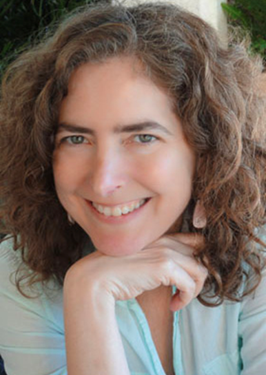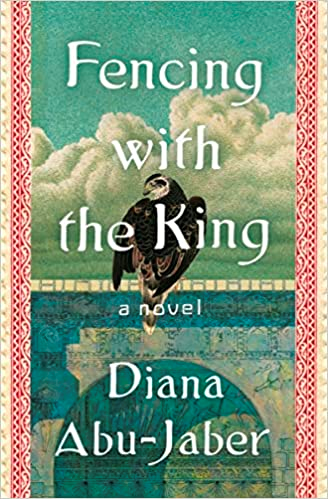
AUTHOR | DIANA ABU-JABERBiography
Diana Abu-Jaber’s most recent culinary memoir, Life Without A Recipe, has been described as “a book of love, death, and cake.” Ruth Reichl calls it “bold and luscious” and “indispensable to anyone trying to forge their own truer path." Her last novel, Birds Of Paradise, won the 2012 Arab-American National Book Award. It was also named one of the top books of the year by National Public Radio, The Washington Post, and The Oregonian. Her first novel, Arabian Jazz, won the Oregon Book award for Literary Fiction and was a finalist for the PEN Hemingway Award. It is considered by many to be the first mainstream Arab-American novel. Her second novel, Crescent, won the PEN Center Award for Literary fiction and the American Book Award. Her follow-up, Origin, was named one of the best books of the year by The LA Times, The Chicago Tribune, and The Washington Post. Diana teaches writing and literature at Portland State University and divides her time between South Florida and Portland, Oregon. |
ABOUT THE BOOK
Fencing With the King by Diana Abu-Jaber
| Amani is an American girl of Jordanian descent and a published poet. She finds a poem from many years ago written by her Jordanian paternal grandmother - a woman she never met. This poem, insightful and haunting, makes her want to know more about the woman who seems so much like herself. She decides to venture to Jordan to find out more and invites her father to return to his homeland for the first time since his departure long ago. It is 1991, the 60th birthday celebration of the King and the era when efforts were being made to bring peace between Israel and the PLO. With this political backdrop, the King, who fenced with Amani’s father as a child, invites him to spar again as part of the birthday celebration. So father and daughter head to Jordan each with specific tasks in mind. In Jordan, Amani meets her prosperous extended family including uncles, cousins and some of the servants that worked for the family for generations including when her grandmother was alive. She learns her grandmother was an independent woman ahead of her time. Amani also learns how the family fled danger leaving everything behind to save lives. She unravels a family mystery and meets many of the people involved. It is a story about traditional Arab law of inheritance, the trauma of displacement and what progressive Arabs can take from history to create a successful future for themselves and for their people. How did talented, independent women navigate outside these traditions safely in the early 1900s? This is one young woman’s journey to discover her family heritage and learn about the woman who helped form her life. |

 Diana was born in Syracuse, New York to an Irish-American mother and a Jordanian father. Her family moved to Jordan a few times throughout her childhood, and elements of both her American and Jordanian experiences, as well as cross-cultural issues, especially culinary reflections, appear in her work.
Diana was born in Syracuse, New York to an Irish-American mother and a Jordanian father. Her family moved to Jordan a few times throughout her childhood, and elements of both her American and Jordanian experiences, as well as cross-cultural issues, especially culinary reflections, appear in her work.

